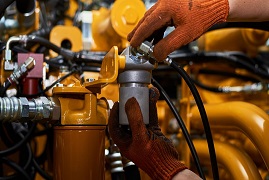Are you making these common hydraulic mistakes?
We’re sure many of you will be familiar with hydraulic mistakes that seem to be made over and over again, technicians and engineers doing the same thing, keeping their fingers crossed and hoping for a different result. We’ve got together a list of common hydraulic mistakes that we regularly see and how to prevent…
We’re sure many of you will be familiar with hydraulic mistakes that seem to be made over and over again, technicians and engineers doing the same thing, keeping their fingers crossed and hoping for a different result.
We’ve got together a list of common hydraulic mistakes that we regularly see and how to prevent them taking place initially.
Hydraulic pressures being improperly set
On every hydraulic system there is a multitude of adjustments to be made. When a machine problem occurs, knobs on the hydraulic pump and valves are adjusted to see if this solves the machine problem. Unfortunately, the person doing the adjusting usually has no idea what the effect will be on the machine. Pressures in a hydraulic system typically are set too high. The thinking is that the higher the pressure, the faster the machine will run.
Changing hydraulic oil at the wrong time
Hydraulic fluid is expensive and changing it before it actually needs to be changed wastes money, results in more system downtime than is necessary and can even increase the risk of hydraulic contamination, none of which are good for the system or for your bottom line.
Many hydraulic systems come with manufacturer recommendations as to how often the hydraulic oil should be changed and these recommendations are meant to serve more as a guideline than a hard and fast rule. Most recommendations are based on service hours, but there are many other variables that can affect when your hydraulic fluid needs to be changed, such as:
- Operating temperature (high temperatures cause oil to degrade faster)
- Water and air contamination levels
- Particulate levels
- Depletion of additives
- Natural degradation of the hydraulic fluid over time
In fact, heat, water, and contamination are the three key factors in shortening the life of your hydraulic fluid. The only accurate way to determine when hydraulic fluid needs to be changed is to perform an analysis on fluid samples, preferably from different points in the system.
If you maintain your hydraulic system well, you will discover that the hydraulic fluid lasts much longer and may only need to be replaced when the additives have been depleted. Most hydraulic contamination can be removed through off-line filtering, and a system that is carefully maintained will not have major issues with overheating and accelerated degradation. In short, the better maintained your hydraulic equipment is, the longer your hydraulic fluid is going to last.
Hydraulic system temperature
Using the right hydraulic oil in your system won’t do much good if the system runs too hot. Heat decreases the viscosity of the hydraulic oil, causing an otherwise appropriate oil to have low viscosity – another common hydraulic equipment mistake. When the viscosity of the oil is too low there will be metal-to-metal contact, which leads to generated contamination that is harmful to your system and its components. In addition, high temperatures can cause the seals and hoses to fail prematurely while simultaneously increasing the natural degradation of the hydraulic oil itself.
What is too hot? A system runs too hot when the hydraulic fluid can no longer provide adequate lubrication, which in turn damages pumps and motors. It is also important to keep in mind that when parts of a hydraulic system are running at high temperatures, it may be a sign of other problems that need to be addressed, such as worn out bearings, dirty heat exchangers, or incorrect flow rates.
Hydraulic filters at the wrong locations
There are two places where you should not place hydraulic filters:
- At pump inlets
- In drain lines from the housings of piston motors and pumps
Inlet filters are not needed because the reservoir should not be contaminated. The presence of a filter at the inlet is a poor design choice because it results in a restricted intake that will significantly shorten the life of not just piston pumps and motors (which are impacted the most), but also the gear pumps.
Filters located on the drain line exiting a piston motor or pump result in an entirely different set of problems, but the result is typically the same: a reduced service life followed by a catastrophic (and expensive) failure of a pump or motor and the aftermath that follows. While hydraulic filters serve a vital purpose in a hydraulic system, there are some areas in the system where they don’t belong.
Using the incorrect hydraulic oil
Using the wrong hydraulic oil in your system is one of the more common hydraulic equipment mistakes. When it comes to the type of hydraulic fluid you use, it is important to keep in mind that it serves a variety of purposes: it transmits power through the system, lubricates parts within the system, prevents oxidation, and helps to conduct generated heat away from critical components. Failure to use the correct proper oil will not only decrease the efficiency and performance of the hydraulic system, but it can also seriously shorten the life of the system and the many components that comprise it.
More information on how to select the correct hydraulic fluid can be found in our previous blog ‘How to select the correct hydraulic fluid.‘
High Viscosity Hydraulic Fluid
The key to selecting the right hydraulic oil lies in the viscosity of the fluid. If the viscosity of the hydraulic fluid is too high, it will not be able to fully lubricate the hydraulic components during a cold start, which can lead to premature wear. In addition, higher viscosity hydraulic fluid will result in system power losses due to increased fluid friction, which in turn reduces the overall efficiency of your system while increasing its power consumption.
Low Viscosity Hydraulic Fluid
On the other hand, if the viscosity is too low, then the components will not be adequately protected during operation. This will result in increased wear and, over time, premature failure of key components such as hydraulic pumps and motors. It also leads to generated contamination, which can cause even more efficiency losses and accelerated wear.
Because of the factors tied to viscosity, we can see that there is more to selecting the correct hydraulic fluid than simply following manufacturer recommendations. With viscosity being one of the deciding variables, it is important to keep in mind that operating temperatures and even environmental temperatures (in the case of mobile hydraulic equipment) will significantly impact the viscosity your system needs for optimal performance. In addition, a different viscosity may be needed depending on the time year, especially if you have mobile hydraulic equipment that may be exposed to the elements.
The best approach to determining the correct viscosity of hydraulic oil for your system is to consult with an experienced technician who is familiar with the system.
Not being properly trained
Working with hydraulics can be a dangerous business which is why it’s essential that operatives are trained properly.
We have regular training courses at our Sunderland workshop which are certified by the British Fluid Power Association, get in touch with our team for more information on the training.
With over 30 years experience within the fluid power industry, you can be assured we know how to avoid these hydraulic mistakes and ensure your projects are completed on time, within budget and with first-class quality.
Get in touch with our team to discuss your next requirements and how we can support you.


